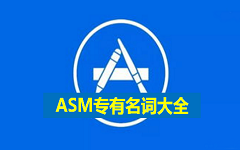Distantly supervised named entity recognition (DS-NER) efficiently reduces labor costs but meanwhile intrinsically suffers from the label noise due to the strong assumption of distant supervision. Typically, the wrongly labeled instances comprise numbers of incomplete and inaccurate annotation noise, while most prior denoising works are only concerned with one kind of noise and fail to fully explore useful information in the whole training set. To address this issue, we propose a robust learning paradigm named Self-Collaborative Denoising Learning (SCDL), which jointly trains two teacher-student networks in a mutually-beneficial manner to iteratively perform noisy label refinery. Each network is designed to exploit reliable labels via self denoising, and two networks communicate with each other to explore unreliable annotations by collaborative denoising. Extensive experimental results on five real-world datasets demonstrate that SCDL is superior to state-of-the-art DS-NER denoising methods.
翻译:为解决这一问题,我们提出了一个强有力的学习范式,名为“自我合作否认学习(SCDL) ” (SCDL),它以相互受益的方式联合培训两个教师-学生网络,以迭接性地进行吵闹的标签精炼。 每个网络的设计都是通过自我消音利用可靠的标签,两个网络相互沟通,通过协作消音来探索不可靠的说明。 五个现实世界数据集的广泛实验结果表明,SCDL优于最先进的DS-NER脱色方法。



